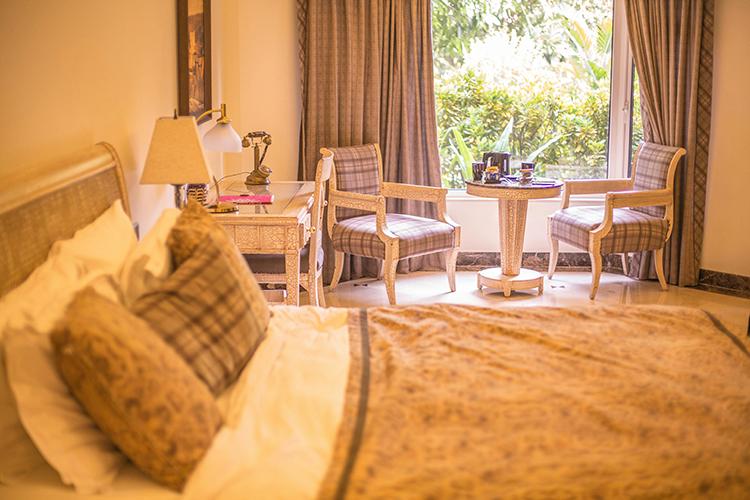Apartments for short-term stays of tourists in Prague after the pandemic is growing again
The number of apartments offered to tourists for short-term accommodation via Airbnb platforms is growing again in Prague, which dropped from the original 14,000 apartments in 2021 to about half in the wake of the coronavirus pandemic. Last March, Prague had about 8,000 such apartments on offer. This is according to an updated analysis by the city's Institute of Planning and Development (IPR), which was put on the table of Prague councillors yesterday.
Short-term accommodation, especially in the centre of the metropolis, has long faced criticism from local residents, city districts and the municipality for what they say are largely residential buildings being turned into hotels. This, critics say, leads to a reduction in normal living in the centre and disturbs the peace of other residents of the apartment blocks.
"The number is gradually growing again," Deputy Mayor Petr Hlaváček (STAN) said today, adding that the trend of companies owning more apartments and running them essentially like hotels is growing stronger. According to the updated analysis, the supply of apartments rented through Airbnb continues to concentrate in the historic centre, where over 80 percent of them are located. In the cadastral areas of Staré Město, Nové Město, Josefov and Malá Strana, Airbnb apartments account for almost 11 percent of the total housing stock, according to the study. Landlords with more than one apartment then provide roughly 80 percent of the total supply.
Of the nearly 8,000 apartments, about 70 percent were active about a year ago, when the data in the analysis was compiled. These could accommodate 21,723 guests per day. Although the number of apartments offered through accommodation platforms grew after the pandemic ended and tourists returned to the capital, last year it still fell far short of the original figures. "Despite the increased demand for Airbnb accommodation, the more significant increase in supply may have been dampened by inertia caused by the shift of some units to the long-term rental sector during the pandemic," the study authors write. At the same time, they expect supply to level off again in the pre-pandemic period.
In preparing the study, IPR has long been working with data on Airbnb listings from the Inside Airbnb website; the company has previously said it would not provide the data to the city. According to the study, the main problem with the regulation of short-term accommodation is not the inadequate legislation, but rather the lack of information that makes it impossible to enforce existing laws.
This is what the forthcoming amendment to the Act on the Conditions of Business in the Tourism Sector aims to address. An amendment to the Trade Licensing Act is also in the pipeline, which should increase the regulatory powers of local authorities. EU-wide rules on increasing transparency in data collection by short-term rental platforms such as Airbnb are also being prepared by the EU and have recently been approved by the European Parliament.
Source: CTK









